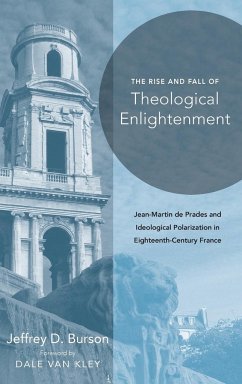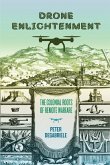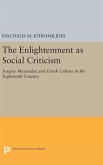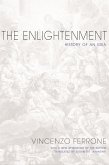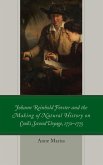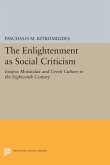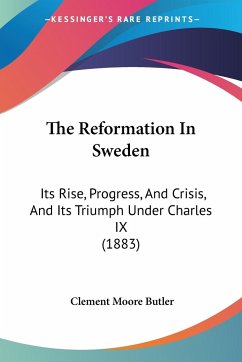In The Rise and Fall of Theological Enlightenment, Jeffrey D. Burson analyzes the history of the French Enlightenment and its relationship to the French Revolution by casting it as a diverse constellation of Theological Enlightenment discourses, compromised between about 1730 and 1762 by high-stakes cultural and political controversies involving the royal court, the government, and the Catholic Church. Burson places the Abbé Jean-Martin de Prades at the center of the storm. In 1749, Prades was working on his doctorate in theology at the University of Paris. An ambitious young theologian, Prades, like his teachers at the Sorbonne and like many lay and clerical apologists in mid-eighteenth-century France, had been deeply inspired by the spirit of the Enlightenment. Burson reinterprets the Jesuit Enlightenment and its influence on French society, arguing that Jesuits had pioneered ways of synthesizing Locke, Malebranche, and Newton in light of the expansion of the public sphere. Hoping to defend Catholic theology against the Radical Enlightenment by adapting these Jesuit Enlightenment discourses with natural history and Enlightenment theological debates, Prades inadvertently sparked a public scandal that galvanized members of the royal court and the Parlement of Paris, Jansenists, Jesuits, and philosophes, alike--all of whom refashioned the person and work of Prades to suit their own ends. Ultimately, the controversy polarized the cultural politics of pre-Revolutionary France into two camps, that of a self-consciously secular Enlightenment and that of a staunchly opposed Counter-Enlightenment. Prades's history provides Burson with a lens through which to reevaluate the intersections of theology and Enlightenment philosophy, of French politics and the French Catholic church, and of conservatives, moderates, and radicals on all sides in order to provide us with a newly-capacious Enlightenment historiography. "This is a rich and detailed analysis, based on impressive archival research, that represents the first close study of a key episode in the evolution of the French Enlightenment, one that has not been granted attention for almost fifty years. Through close reading of Prades' doctoral thesis in light of patterns in Catholic apologetics of the first part of the eighteenth century, Burson is able to show that Prades' work represented a synthesis of Locke and Malebranche that was characteristic of Sorbonne apologetics and not a departure from it. His is an exemplary work that provides a newly nuanced perspective on eighteenth-century France and beyond." --Susan Rosa, Northeastern Illinois University "Jeffrey Burson's The Rise and Fall of Theological Enlightenment helps to restore, with erudition and meticulous scholarship, the mid-eighteenth century to its rightful place as a pivotal moment in the history of the French Enlightenment. Revisiting the often-invoked but imperfectly understood affaire of the abbé de Prades, Burson provides the most thorough analysis of the controversy to date, using it as a lens to explore much wider developments: the contingencies of the opposition between religion and Enlightenment, the origins of the Counter-Enlightenment, and the reasons for the polarization of French intellectual life in the second half of the eighteenth century. Thoroughly conversant in recent historiography and contemporary scholarly debates, Burson makes an important contribution to our understanding of this vital period." --Darrin M. McMahon, Florida State University "Imagine what might have happened to Roman Catholicism if, in the course of the eighteenth century, the pro-Enlightenment clerics at the Sorbonne had escaped censure and come to dominate the church's thinking. Burson does a superb job in reminding us about contingency, about the path that might have been taken, and might thereby have avoided the church's ongoing quarrel with modernity." --Margaret C. Jacob, Unive
Hinweis: Dieser Artikel kann nur an eine deutsche Lieferadresse ausgeliefert werden.
Hinweis: Dieser Artikel kann nur an eine deutsche Lieferadresse ausgeliefert werden.

